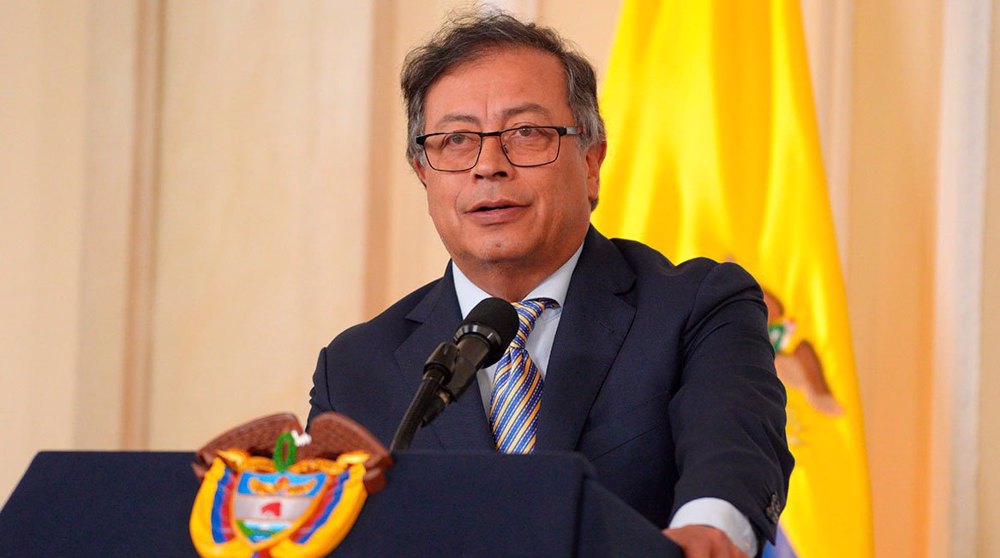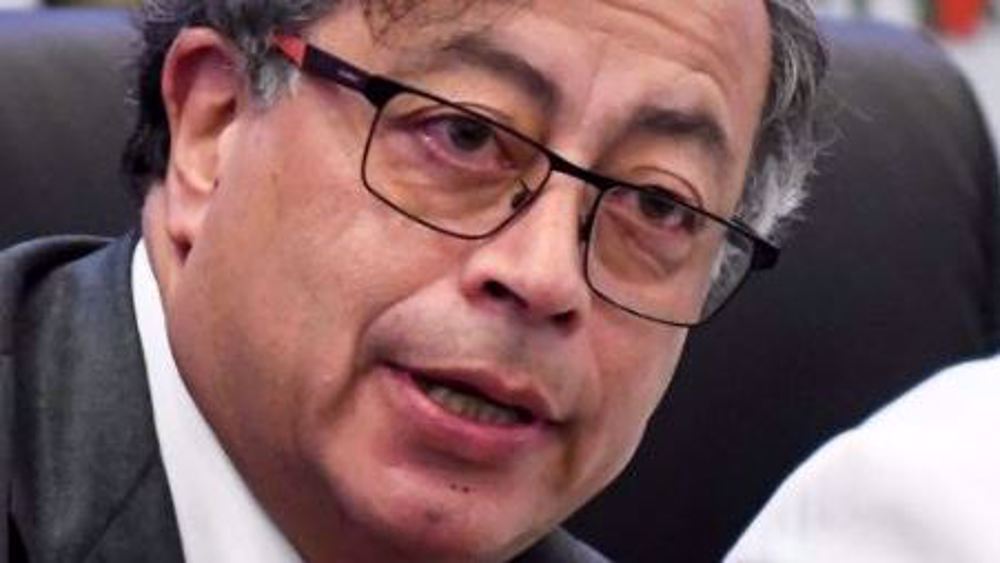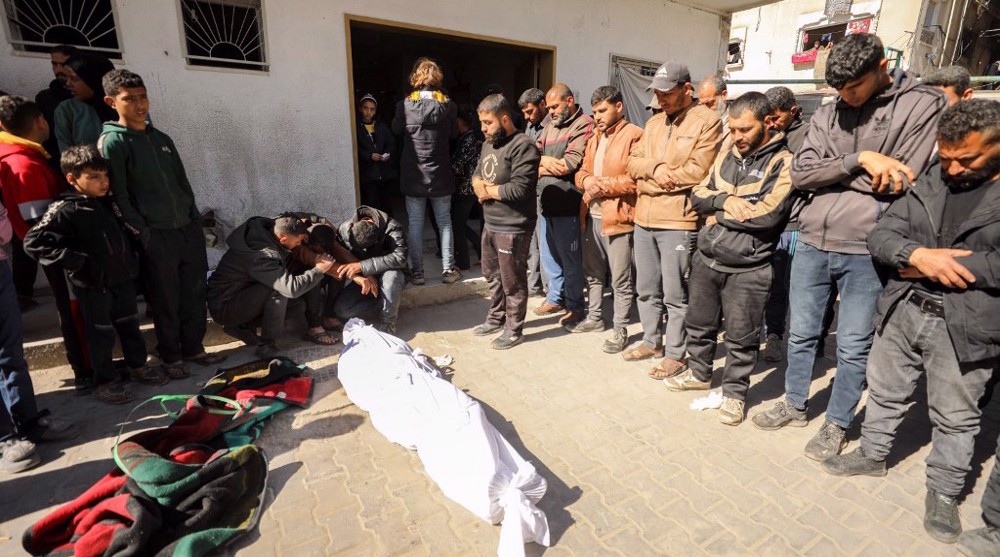Colombia extends ceasefire with FARC to save deal
Colombia’s President Juan Manuel Santos has announced the extension of a ceasefire with the main rebel group in the country in an attempt to save a peace deal that has been signed with the group but been rejected as too lenient by a narrow majority of Colombians in a referendum.
The Colombian government and the Revolutionary Armed Forces of Colombia (FARC) signed the historic peace deal on September 26, hoping to end more than five decades of an armed conflict in the country that has killed over 220,000 people.
The deal was astonishingly rejected, however, when Colombian voters struck it down in a referendum by a margin of merely 0.4 percent on Sunday.
Speaking on Tuesday, President Santos, whose government has put a lot of effort into the peace process with FARC, said, “A bilateral and definite ceasefire has been set up with the FARC until October 31. I hope we can advance in the accords, in the talks, so that we can finalize the arrangements and agreements that will allow us to end this conflict.”
Under the deal, the ceasefire would have been permanent.
Colombian government negotiators have meanwhile returned to the Cuban capital, Havana — where original negotiations on the deal were held — to assess whether the rebels are open to applying modifications to the deal in order to make it acceptable to opponents.
“Time is very important. We can’t prolong this process and this dialogue for a long time because we’re in a gray zone, a sort of limbo’ that is risky and can wash away the entire process,” Santos said.
Opposing peace
Santos also held a telephone conversation with former president Alvaro Uribe — who led the opposition to the deal — on Tuesday and the two agreed to meet on Wednesday at the presidential palace to discuss a way forward on the issue.
Uribe has described the government agreement with FARC as being too soft on the rebels.
After the rejection of the deal in the referendum, FARC leaders said they had no intention of resuming war but also rejected the “no” vote as nonbinding.
Meanwhile, Colombian Foreign Minister Maria Angela Holguin said it would be up to the rebels whether to agree to renegotiate the provisions of the deal.

On Monday, hundreds of students took to the streets in the capital, Bogota, to express their dissatisfaction with the result of the referendum. They chanted slogans in support of the deal and slammed its critics, particularly Uribe.
Under the original deal, the government would have been obliged to engage in an aggressive land reform, overhaul its anti-narcotics policies, and undertake development programs in neglected rural regions. The FARC would have also been incorporated into the political scene in the country.
In return, FARC would have helped dismantle drug plantation and trafficking and withdrawn its 7,000 fighters from their jungle and mountain hideouts and relocated them into UN disarmament camps.
Google fires more employees over anti-Israel protests
Iran set to build more nuclear power plants: AEOI chief
'Iran’s True Promise ushers in new era for region; strategic implications felt across globe'
VIDEO | Arrest and harassment: US intensifies crackdown on pro-Gaza protests in universities
VIDEO | Press TV's news headlines
France fails to ban anti-Islamophobia protests
In Numbers: 200 days of Israeli genocidal war against Palestinians in Gaza
Death toll mounts in Gaza as Israeli genocidal war marks 200 days










 This makes it easy to access the Press TV website
This makes it easy to access the Press TV website